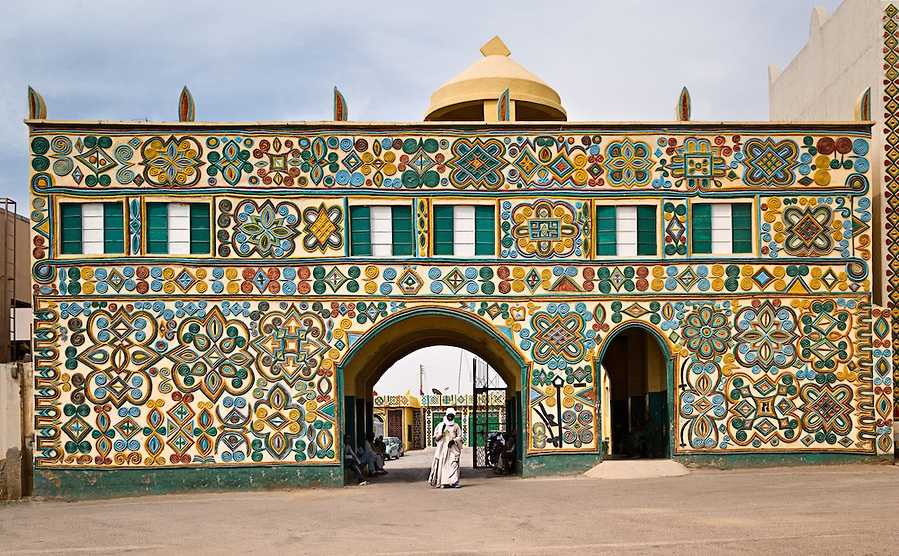
Kaduna State, nestled in the heart of north-central Nigeria, stands as a testament to the country's rich cultural tapestry and historical legacy. Renowned for its vibrant blend of ethnicities, including Hausa, Fulani, and numerous others, Kaduna State serves as a melting pot of diverse cultures, traditions, and languages.
At the core of Kaduna State's identity lies its status as a bustling hub of commerce, education, and agriculture, all of which play pivotal roles in shaping Nigeria's socio-economic landscape. The state's strategic location, coupled with its well-developed infrastructure and entrepreneurial spirit, has positioned it as a key player in the nation's commercial activities.
In addition to its economic significance, Kaduna State boasts a wealth of educational institutions, ranging from primary schools to tertiary institutions of higher learning. These institutions not only cater to the educational needs of its residents but also attract students from across the country, further enriching the cultural fabric of the state.
Furthermore, Kaduna State is celebrated for its agricultural prowess, with vast expanses of fertile land supporting the cultivation of a wide array of crops, including maize, millet, sorghum, and more. The agricultural sector not only sustains the livelihoods of countless individuals but also contributes significantly to the nation's food security.
Beyond its economic and educational achievements, Kaduna State is steeped in historical significance, with numerous landmarks and heritage sites that bear witness to its storied past. From ancient monuments to colonial-era architecture, the state's historical treasures offer glimpses into its rich and diverse history.
In essence, Kaduna State stands as a beacon of cultural diversity, economic prosperity, and historical heritage, embodying the essence of Nigeria's socio-economic landscape and serving as a source of pride for its residents and citizens alike.

- Capital Kaduna
- Country Nigeria
- Created
- Population 0
- Official Languages
- Ethnic Groups
- Land Area 0
- Postal Code



